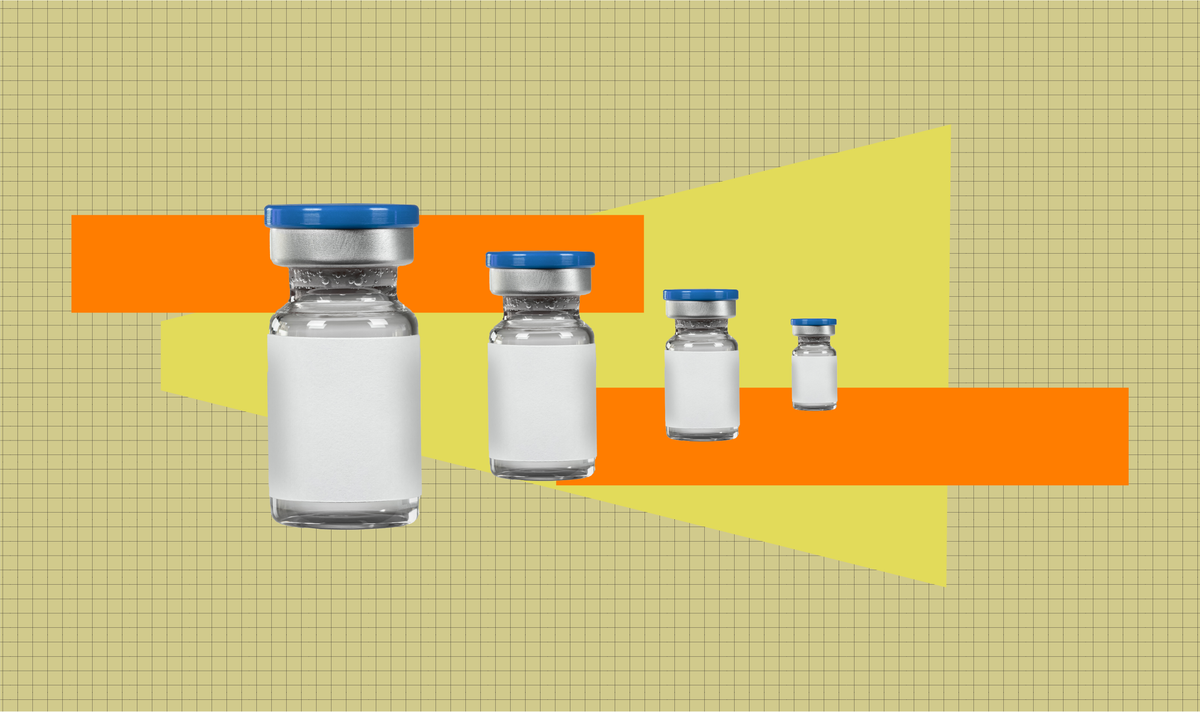Study confirming aluminum safety in vaccines sparks fresh wave of false claims
This week, a seemingly pro-vaccine video circulated online promoting hesitancy about certain vaccines and misleading claims that doctors are bribed to give vaccines.

This week, a seemingly pro-vaccine video circulated online promoting hesitancy about certain vaccines and misleading claims that doctors are bribed to give vaccines.
This week, a new study found that aluminum in vaccines is safe, setting off a wave of online debates. Meanwhile, a popular video that appeared to support childhood vaccines promoted hesitancy about COVID-19, flu, and RSV vaccines. Finally, the misleading claim that doctors receive bribes to vaccinate their patients recirculated, following a June 15 U.S. Senate hearing on vaccine injuries.

Insights brought to you by the reporters and science writers of Public Good News (PGN), a nonprofit newsroom dedicated to improving community health.
What’s trending in vaccine conversation:
A large-scale Danish study, which followed over 1.2 million children for 24 years, found no association between exposure to aluminum in vaccines and autoimmune, allergic, or neurodevelopmental conditions. The study assessed whether aluminum exposure level—based on the number of received doses of aluminum-containing vaccines—correlated with an increase in conditions such as asthma, eczema, autism, ADHD, and allergies. Although the study did not directly compare unvaccinated and vaccinated children, it did include children who had no exposure to aluminum-containing vaccines. The study has drawn international attention as vaccine opponents argue that the study is “propaganda” that is “riddled with flaws.” Several skeptical social media users claimed that coverage of the study is “misleading,” accused the researchers of being paid by “Big Pharma,” and compared the research to past studies that claimed that cigarettes were healthy. Some commenters expressed concern about mercury in vaccines, while others claimed, without evidence, that aluminum exposure is harmful.
On July 19, a mother posted a video with over half a million views of a baby looking happy and healthy before and after vaccination. Although the video appears to be pro-vaccine, the caption states that the mother is opposed to flu, COVID-19, and RSV vaccines. Several commenters questioned how the mother can claim to trust vaccine science while refusing certain immunizations for her child. Additionally, many replies correctly pointed out that the RSV immunization for infants and young children is not a vaccine but a monoclonal antibody treatment. However, some commenters agreed with the caption, saying that they are generally vaccine-positive but avoid the listed vaccines because of concerns that they are too new or may cause serious side effects.
The claim that doctors are paid or bribed by pharmaceutical and insurance companies to “push” vaccines is being widely discussed online after a U.S. senator hosted a hearing about alleged vaccine injuries on July 15. In addition, HHS Secretary Robert F. Kennedy Jr. recently falsely claimed that vaccine profits are a “perverse incentive” for doctors to vaccinate their patients. Social media users thanked these figures for raising awareness about the issue, arguing that there should be no financial motivations in health care. Several physicians, medical groups, and media outlets refuted the claim, stating that providers often lose money by providing vaccinations. Others noted that pediatrics is the lowest-paying medical field and that doctors don’t become pediatricians for the money.
Read the fact checks:
- Unbiased Science: A Massive Study Finds No Evidence Aluminum in Vaccines Causes Childhood Disease
- Children's Mercy Hospital: COVID-19, RSV, and the Flu: What you need to know
- New York Times: Kennedy Claims Doctors Profit Off Vaccines. In Fact, Many Lose Money on Them.

Recommendations brought to you by the health communication experts behind Infodemiology.com.
Recommendations for public health professionals
Each week the Infodemiology.com team will provide messaging recommendations in response to some of the trending narratives outlined above. Use these helpful tips when creating content, updating web pages and FAQs, and to inform strategy for messaging about vaccines.
False narratives about the safety of certain vaccine ingredients cause hesitancy and distrust. Prebunking messaging may explain that all ingredients in vaccines are rigorously safety tested and included to make vaccines safer or more effective. Health communicators may highlight a new study, the largest of its kind, which confirms that there is no link between aluminum in vaccines and autism, asthma, ADHD, allergies, or over 40 other conditions. Messaging may also emphasize that aluminum has been used to make vaccines more effective for almost as long as modern vaccines have existed, with no evidence of safety concerns.
Some parents are hesitant to get immunizations against respiratory viruses because they believe they are unsafe, untested, or unnecessary. Prebunking messaging may emphasize that respiratory viruses hospitalize and kill thousands of infants and young children each year, with RSV being the leading cause of hospitalization in this age group. Messaging may also emphasize that the pediatric RSV immunization for infants under 8 months is not a vaccine, but a monoclonal antibody treatment that is very safe and 80-90 percent effective against hospitalization. COVID-19 and flu vaccination reduces children’s risk of severe and lasting complications, such as pneumonia and long COVID.
Vaccine opponents falsely claim that pharmaceutical and insurance companies bribe doctors to give their patients vaccines. Debunking messaging may explain that doctors do not receive payments from pharmaceutical companies to provide vaccines. Some insurance companies offer financial incentives to doctors to improve patient health outcomes and reduce health care costs by encouraging vaccination and other health-promoting practices. Health communicators may emphasize that doctors and health insurers recognize that vaccinations are an important part of keeping children healthy by reducing their risk of contracting vaccine-preventable diseases.
Interested in recommendations tailored to health care providers? Click here.
